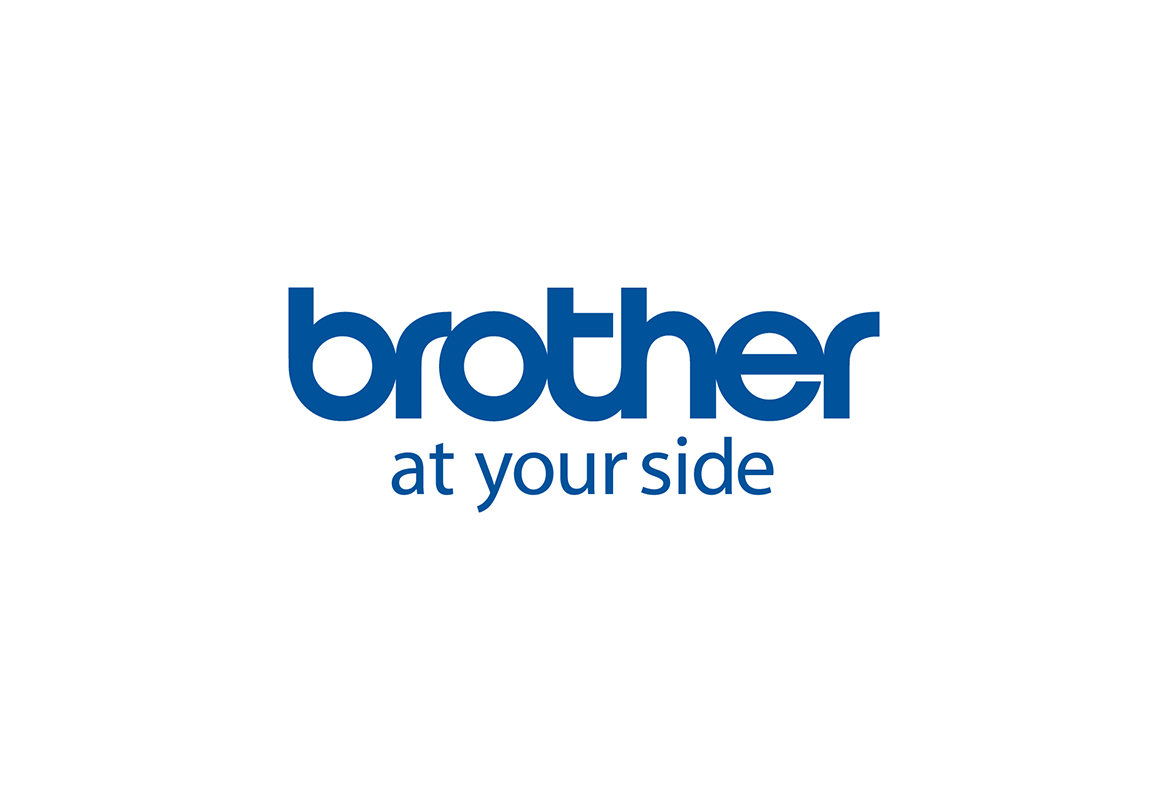
Coronavirus will transform GP consultations forever
The coronavirus pandemic has brought about a rapid and fundamental change in the way GP’s provide consultations, and it looks like there’s going to be no going back.
During 2019, somewhere around 90% of GP consultations were conducted face to face.
At the height of the COVID-19 outbreak, that figure is said to have reversed, with more than 85% of consultations happening remotely, whether on the phone or via videolink.
It seems that the virus has put rocket boosters under a longstanding government strategy to ramp up remote consultations, with patients first assessed over the phone by either a GP or nurse before a full consultation either by phone or video call.
The appeal of remote consultations is easy to understand.
More convenience, less risk
In many cases, they are far more convenient for doctors and patients, as well as removing the risk of transmitting infectious diseases.
But, prior to coronavirus, the transition to remote consultations was moving slowly.
NHS Digital data shows that in 2019 almost two in five people still had no access to online consultations.
Today, 95% of practices now having video consultation capability live and the remaining few percent are in the process of implementation or procurement of a solution.
With the technical infrastructure to conduct remote consultations in place, it seems likely that they will become the new normal when the current pandemic is over.
While clearly remote consultations are not appropriate for every kind of ailment, it has been speculated that around half of the 340 million GP appointments made every year could safely and effectively be conducted over the phone or online.
Last man standing
Dan Austin is head of ecommerce at Med Connections, a digital healthcare provider that includes Doctor 4 U, a private healthcare platform linking patients with doctors and pharmacies, which saw traffic to its website leap by 65% during the coronavirus outbreak.
He said: “The NHS is a large organisation and not very agile, and healthcare is the last major industry to come online.
“It’s a bit like banking was a few years ago, when the major banks were rolling out their online services, but people were still reluctant to do their banking online because of security concerns.
“Now it seems perfectly normal to do all our banking on our smartphones.
“Online consultations will never fully replace face to face appointments. It’s not for every ailment, but it can take some pressure off healthcare professionals and the NHS.
“If you understand your condition and need a repeat prescription, for example, a visit to a doctor can be inefficient both for the patient and the doctor.”
“Remote consultations have the potential to drive efficiencies and make big savings.”
Catalyst for more change
Any innovations in medical practice that enhance good care for patients and help protect the NHS should be welcomed with open arms.
Given how the NHS has in the past been criticised for sticking with outmoded technology like paper records, pagers and fax machines, it is striking how quickly it has adapted to remote consulting.
This could prove to be the catalyst needed for the adoption of other innovations that can enhance efficiency and productivity, including digitised records, big data, machine learning and apps.
Find out more about Brother's solutions for healthcare.




